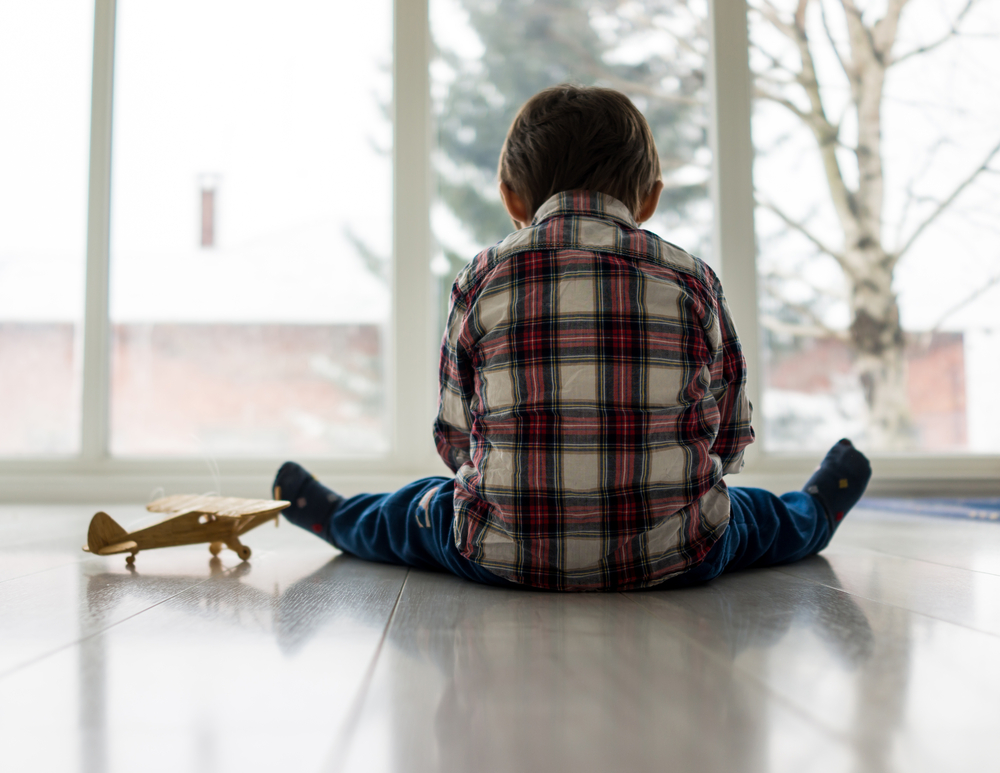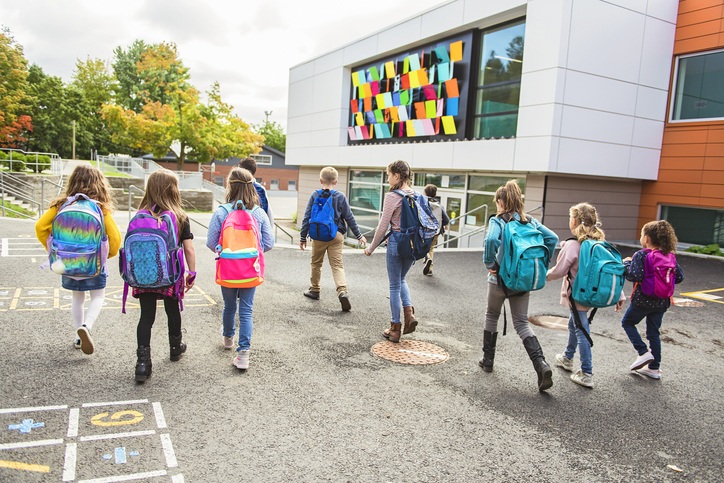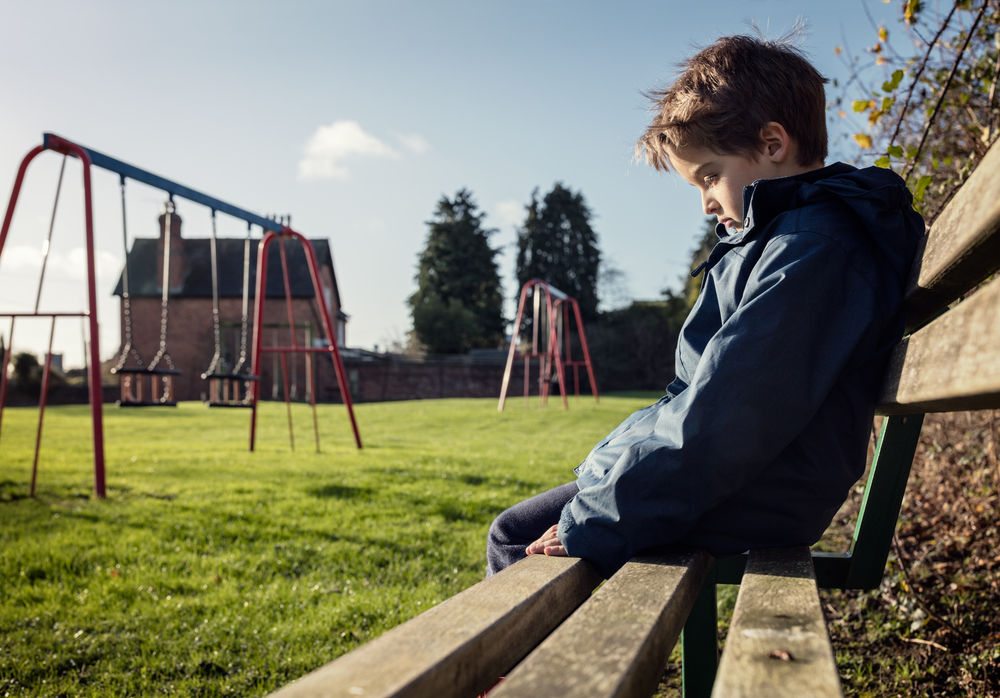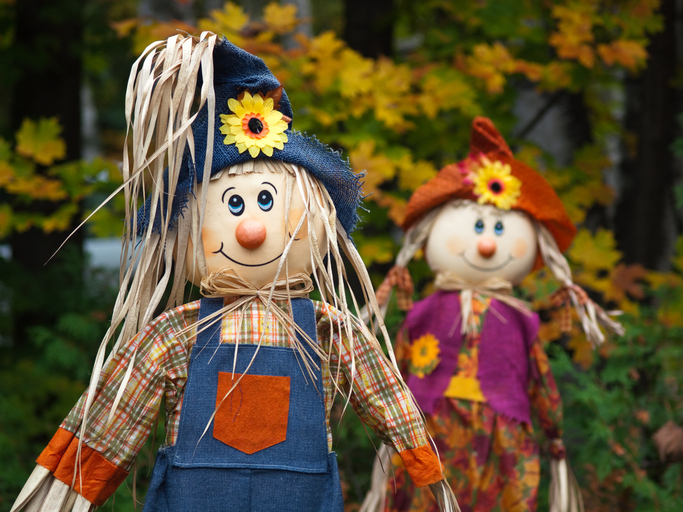It can be easy to forget some of the tried-and-true parenting methods our grandparents swore by when we’re constantly inundated with parenting hacks on TikTok. While we’ve certainly made progress in many areas of child care, some old-school rules might be worth dusting off. Let’s explore parenting rules from the past that could benefit modern families.
1. Family dinners without distractions

I don’t know if you remember, but dinner time used to mean actually talking to each other. No phones, no TV, just good old-fashioned conversation—oh my. It might seem quaint, but, according to the National Library of Medicine, regular family meals are amazing for improving communication, boosting vocabulary in younger kids, and can even lead to better grades. Plus, you might actually find out what’s going on in your teenager’s life—a novel concept.
2. Embracing boredom

Back in the day, kids had to entertain themselves without screens. Shocking, right? Now, kids can be entertained with the touch of a finger. But here’s the thing: boredom can spark creativity and problem-solving skills. Instead of rushing to provide entertainment for your kiddos, let them figure out how to amuse themselves. Who knows? They might invent the next big board game or write a bestselling novel.
3. Valuing handwritten notes

There’s something special about a handwritten thank-you note or letter (I would know, my mom instilled the fear of god into me about always writing a thank you). In our digital age, where you could easily shoot a quick text or email, taking the time to put pen to paper shows thoughtfulness and effort. Plus, it’s a great way to practice penmanship (a dying art).
4. Letting kids work out their own conflicts

Helicopter parenting wasn’t a thing back in the day. Now, that’s not to say we’re fully ignoring bullying (absolutely not). What we are saying is that there can be value in letting kids solve minor disagreements on their own. According to the Child Mind Institute, it builds problem-solving skills and emotional intelligence—and who doesn’t want their kid to have that?
5. Emphasizing being outdoors and appreciating nature

Whether it’s identifying plants, reading a map, or setting up a tent, outdoor skills connect kids with nature and build self-reliance. And trust me—with the looming threat of climate change, making sure the next generations love and take care of the environment is more important than ever.
6. Emphasizing the importance of a good night’s sleep

Before the age of late-night TikTok scrolling, bedtimes were sacred. I remember mine like it was yesterday: one episode of Rugrats and then it was straight to Snoozeville for me. Bringing back a consistent sleep schedule can improve mood, academic performance, and overall health. Sweet dreams, indeed.
7. Encouraging imaginative play

If it were up to me, I’d still be playing with Barbies. And for good reason—action figures, dolls, or a cardboard box that becomes a spaceship help build creativity and problem-solving skills. Let’s bring back the magic of make-believe without the need for batteries or Wi-Fi.
8. Chores as a normal part of family life

Gran and Gramps had it right—kids should help around the house. We’re not talking about child labor, it’s more about teaching responsibility, teamwork, and basic life skills. Trust me, your kid’s future roommate or spouse will thank you.
9. Encouraging face-to-face communication

Sure, texting is efficient and less tiring, but the art of real-life conversation is at risk. That’s why you should encourage your kids to talk to people in person, make phone calls, and order for themselves at the deli. These skills will serve them well in, well, just about everything.
10. Teaching financial literacy

Okay, balancing a checkbook might be outdated, but understanding budgets, saving, and responsible spending is one of the most important things you can teach a child. Bring back the piggy bank and teach your toddlers the value of money from an early age.
11. Cultivating a sense of community involvement

Knowing your neighbors, participating in local events, or volunteering as a family is so important. Why? Community involvement teaches kids about being part of something bigger and the importance of giving back. The old adage still stands—it really does take a village!
12. Encouraging multi-age friendships

Remember when neighborhood kids of all ages played together? There’s value in kids interacting with those younger and older than themselves. I used to play with kids aged from 7-14 and it taught me a lot about patience and being adaptable.
13. Learning practical skills

Home economics and shop class might sound old-fashioned, but knowing how to cook a meal, sew on a button, or fix a leaky faucet are timeless skills. Sure, you can hire someone, but let’s bring back the idea that everyone should have a basic set of practical abilities.
14. Emphasizing manners and etiquette

“Please,” “thank you,” and knowing which fork to use might seem trivial, but good manners can open doors in life. Teaching kids to be polite and considerate isn’t about being stuffy—it’s about navigating social situations with confidence and class.
15. Respecting elders (within reason)

The “respect your elders” rule got a bad rap, but there’s something to be said about teaching kids to show respect to older generations. The key is to balance it with critical thinking. Encourage kids to be polite and considerate, but also to question things respectfully.








